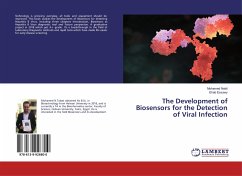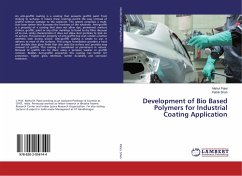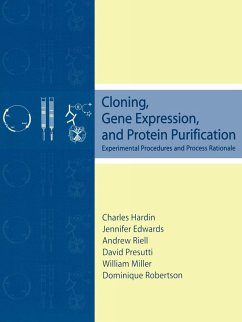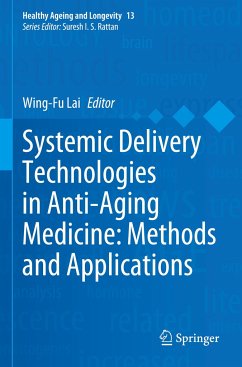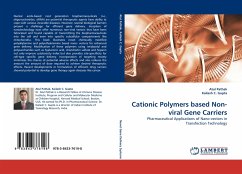
Cationic Polymers based Non-viral Gene Carriers
Pharmaceutical Applications of Nano-vectors in Transfection Technology
Versandkostenfrei!
Versandfertig in 6-10 Tagen
39,99 €
inkl. MwSt.

PAYBACK Punkte
20 °P sammeln!
Nucleic acids-based next generation biopharmaceuticals (i.e., oligonucleotides, siRNA) are potential therapeutic agents have ability to cope with various incurable diseases. However, several biological barriers present a challenge for efficient gene delivery. Inception of nanotechnology now offer numerous non-viral vectors that have been fabricated and found capable of transmitting the biopharmaceuticals into the cell and even into specific subcellular compartments like mitochondria. This book illustrates novel chemically modified polyallylamine and polyethylenimine based nano- vectors for enh...
Nucleic acids-based next generation biopharmaceuticals (i.e., oligonucleotides, siRNA) are potential therapeutic agents have ability to cope with various incurable diseases. However, several biological barriers present a challenge for efficient gene delivery. Inception of nanotechnology now offer numerous non-viral vectors that have been fabricated and found capable of transmitting the biopharmaceuticals into the cell and even into specific subcellular compartments like mitochondria. This book illustrates novel chemically modified polyallylamine and polyethylenimine based nano- vectors for enhanced gene delivery. Modification of these polymers using imidazolyl and polysaccharides such as hyaluronic acid, chondroitin sulfate and heparin not only improve cytotoxicity index but also provides site-specificity for cell-type specific gene delivery. Incorporation of targeting moiety minimizes the chance of potential adverse effects and also reduces the amount the amount of dose requiredto achieve desired therapeutic effects. Recent developments in formulation of efficient drug carriers showed potential to develop gene therapy again diseases like cancer.




